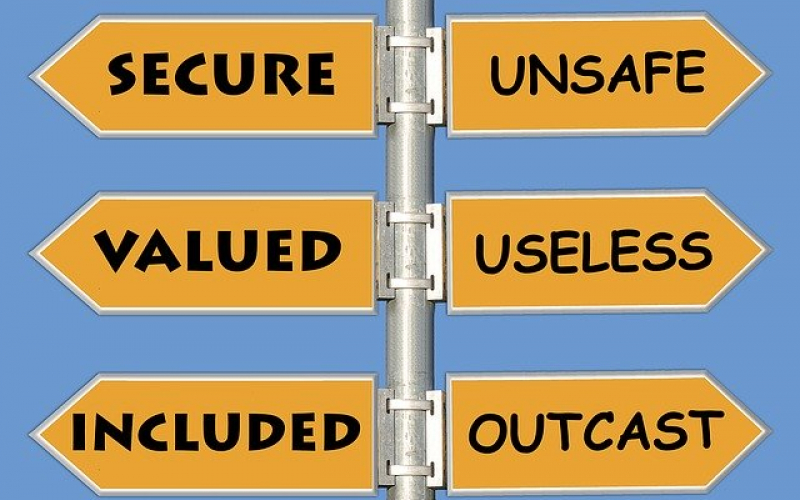Ableism

This is the second of 6 posts where Students voice ideas about neurodiversity, fitting in, and what it means to be included. Contributors participated in the course "Neurodiversity Narratives," where they studied content created exclusively by people who have ADHD, dyslexia, autism, and overlapping cultural and gender diversity.
Have you experienced ableism?
Student contributors discuss LD prejudice as a form of ableism, sharing how this “-ism” has affected them.
“Ableism is a belief system that sees persons with disabilities as less worthy of respect and consideration, less able to contribute, or of less inherent value than others.”
“There's also a lot of mental turmoil you go through (not to be overdramatic), where you seriously question your worth as a student and even as a human being. Someone neurotypical may get a poor grade and be stressed until they bring it back up. But someone neurodivergent, who tried super hard, spent extra time, and still got a bad grade, could start wondering what’s the point.”
“Less visible disabilities have a much larger ableism debate going on. There are arguments every day on social media about whether OCD, ADHD, and anxiety actually exist. It’s difficult to begin a conversation about combating ableism and creating a more even playing field when people don’t believe these challenges are real.”